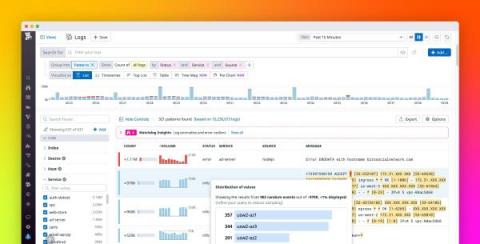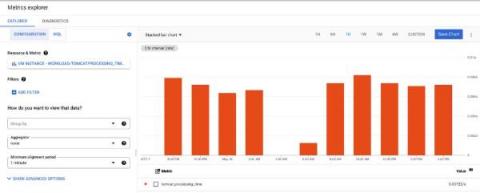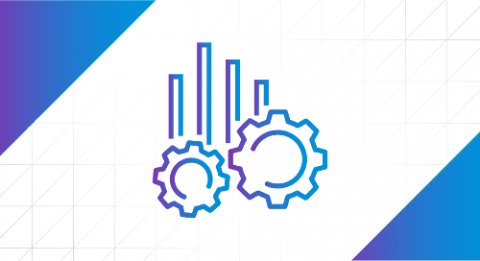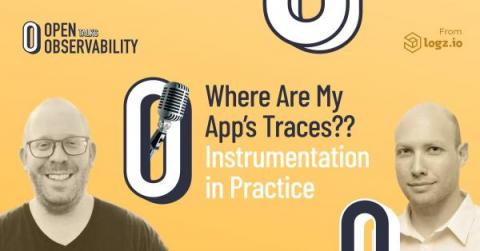Iterating on an OpenTelemetry Collector Deployment in Kubernetes
When you want to direct your observability data in a uniform fashion, you want to run an OpenTelemetry collector. If you have a Kubernetes cluster handy, that’s a useful place to run it. Helm is a quick way to get it running in Kubernetes; it encapsulates all the YAML object definitions that you need. OpenTelemetry publishes a Helm chart for the collector. When you install the OpenTelemetry collector with Helm, you’ll give it some configuration.











